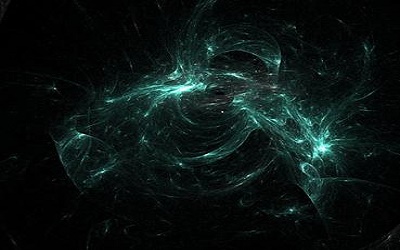PTE考生目前最大的问题之一就是练习题缺乏。除了有限的基本官方书(PLUS,Testbuilder, OG)之外
就没有题了。很多英语基础不是很扎实的同学很难找到练习材料。悉尼文波雅思PTE培训学校专门为澳洲,尤其是悉尼、墨尔本的PTE考生准备了适合PTE听力阅读练习的科学60秒。各位PTE同学可以练习PTE听力中的summarise spoken text和PTE口语中的retell lecture,PTE听力口语-科学60秒练习记笔记技巧和复述。废话少说,下面开始:
听力内容:
60秒科学节目(SSS)是科学美国人网站的一套广播栏目,英文名称:Scientific American – 60 Second Science,节目内容以科学报道为主,节目仅一分钟的时间,主要对当今的科学技术新发展作以简明、通俗的介绍,对于科学的发展如何影响人们的生活环境、健康状况及科学技术,提供了大量简明易懂的阐释。
The universe seems to be full of dark matter, yet no one knows what it’s made of. The best guess is that invisible particles called weakly interacting massive particles, or WIMPs, contribute all this missing mass. And that idea matches the latest data generated by the Alpha Magnetic Spectrometer, or AMS experiment. This instrument lives on the International Space Station, and it may be seeing direct signs of dark matter. The study is in the journal Physical Review Letters.
The AMS catches charged particles flying through space. Its new results show more positrons than expected. Positrons are the antimatter counterparts to electrons.
Normal astrophysical processes create some positrons, but not as many as AMS registered. One possible explanation is that these excess positrons are a by-product of dark matter interactions. That is, they’re being created by the elusive WIMPs.
When two WIMPs collide, they can annihilate each other, giving rise to other particles—such as positrons. The data from AMS so far match these predictions.
The positrons might also have a more mundane source, such as the spinning stars called pulsars. Time will tell if the space-based AMS has indeed seen the first sign of what makes up dark matter—or if we’re still stuck in the dark.
悉尼文波PTE原创首发





